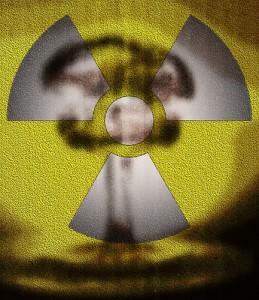
Iran and the Threat of Nuclear Weapons: A response to Kenneth Waltz
In a recent interview with The Diplomat, Professor Kenneth Waltz discussed the advantages of Iran acquiring nuclear weapons. An eminent and lucid scholar, Waltz committed the error of trying to fit an incorrect piece of a puzzle into a coherent theory. His theory whereby nuclear powers have never gone to war against each other has, so far, proven to be right. However, trying to extend this fact in a mechanical manner into a future scenario involving Iran is questionable. To begin with, the leadership of Iran, as distinct from that of any other of the current nuclear powers, has called for the destruction of its enemy as a sovereign entity. It has made it clear, time and again, that …
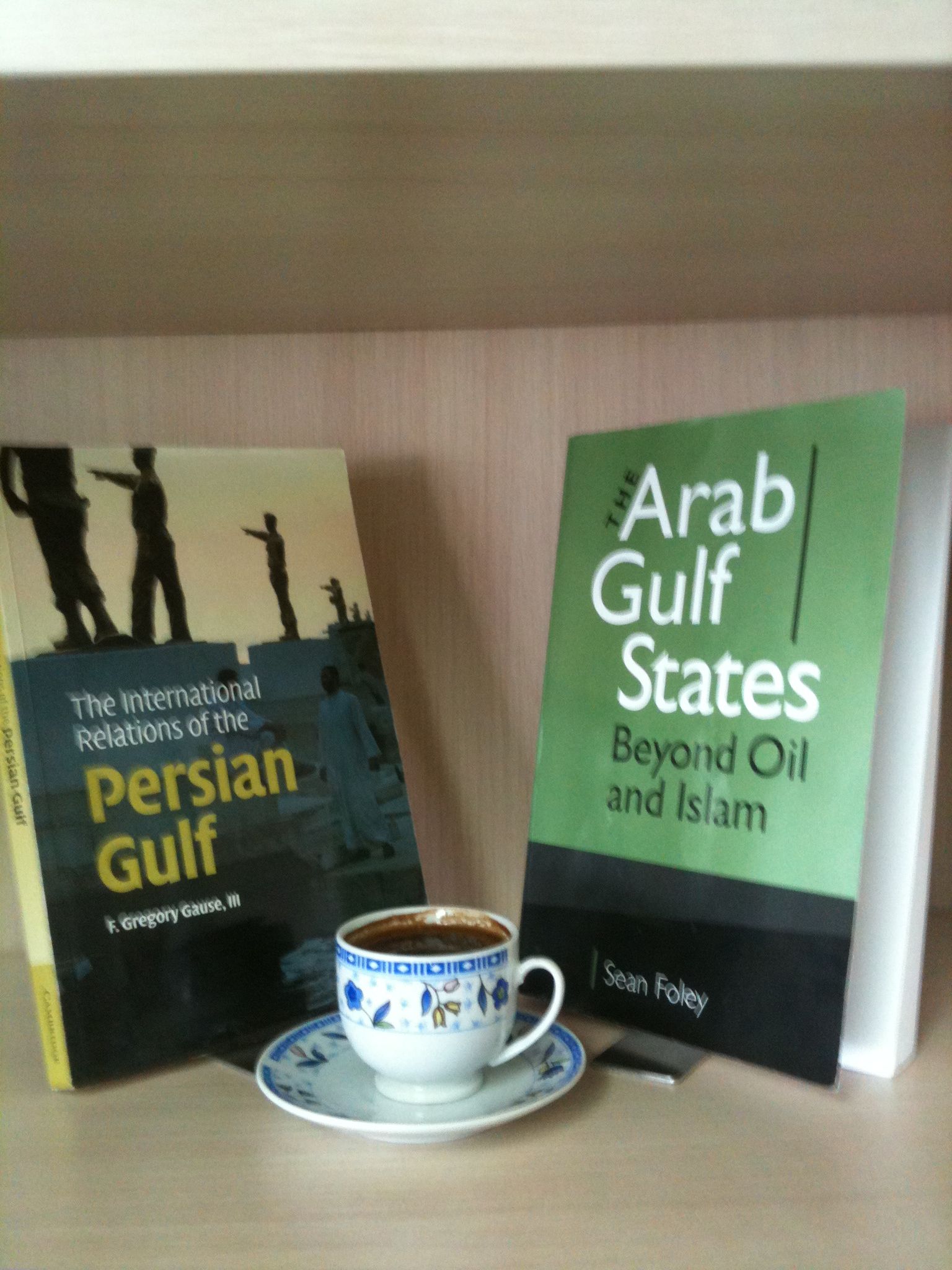
Reflections on the Gulf Studies
The Arab Gulf region is of great geopolitical importance owing to its oil and natural gas deposits. Ironically, the history and international relations of the region had, for several reasons, been quite neglected by the academic arena for decades. First and foremost, where political studies are concerned, this neglect had been linked with the development of the discipline itself and its debate in and toward non-Western states and societies specifically (see, e.g., Anderson 1987:1; Green 1993:517–518). Second, up until the late 1980s, studies on the Gulf region had been closely associated either with an examination of the Islamist role or with the Arab–Israeli conflict. Third, many orientalists and policy makers were more interested in examining the region to pursue their …
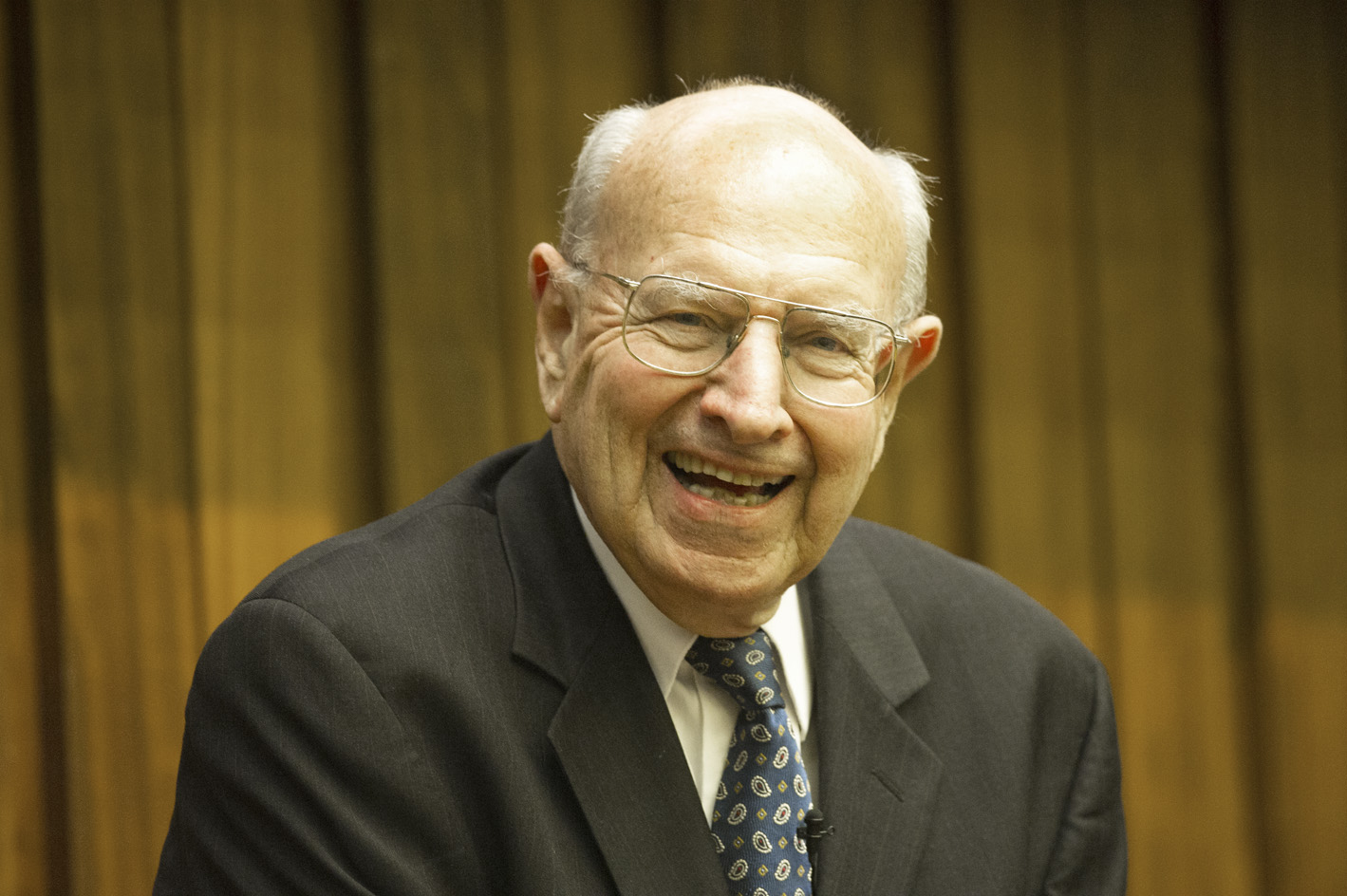
Ambassador Thomas Pickering on “the decade ahead: The US role in the world”
Last week the University of Oxford was fortunate enough to host Ambassador Thomas Pickering who gave the 2012 Fulbright Lecture on the topic of “The Decade Ahead: The US Role in the World”. It would have been difficult to find an individual more qualified for such a task, given the Ambassador’s highly successful four decade long career in the foreign service and considering that he is a man whose (deceptively, given his mental acuity) long life has been spent both in the study of international affairs and in the pursuit of the US’s interests and values within the world. His message comes at a poignant time, given the current academic fervour over the perceived decline of the US in the …
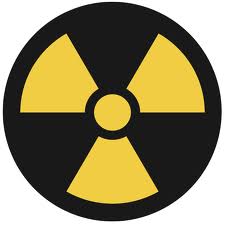
A Lot of Talk: the Seoul Nuclear Security Summit accomplished little
The recently concluded two day Nuclear Security Summit in Seoul (March 26-27) ended with a promise to meet again. It was a follow-up to the first summit in Washington and participants will gather in the Netherlands in 2014 for what will be the third (and final) global summit of its kind. As the name suggests, the focus of the 2012 summit was ‘nuclear security’, a term not to be confused with nuclear plant safety or nuclear safeguard rules set by the International Atomic Energy Agency (IAEA). In simple terms, ‘nuclear security’ is an effort to prevent the use of an atomic bomb by terrorists or illicit actors and provide security against nuclear terrorism. To this end the key participating countries pledged …
Dealing with Iran’s Nuclear Ambitions — and what it means
In the last few weeks, there has been a flood of articles asking and seeking to answer, ‘What is Iran thinking?’. It is an important question and I certainly don’t have an answer. But to try and understand Iran’s motives, we need to put its actions in the social and political context of the norms of the current non-proliferation ‘regime’ and the nuclear reality of today’s world. The media discourse on Iran and nukes should bring to the forefront an old but significant question about the relevance (or rather the irrelevance) of nuclear weapons and the failings of the non-prolifeation regime. This are not new queries. But as much as it sounds like old wine in a new bottle, we …
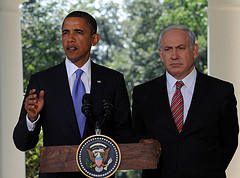
Obama must stand up to Netanyahu
Reposted here is my op-ed in today’s Independent on Obama’s meeting with Netanyahu. It is clear what kind of Israeli prime minister President Obama will be receiving at the White House today. Benjamin Netanyahu is a bellicose, right-wing Israeli nationalist, a rejectionist on the subject of Palestinian national rights, and a reactionary who is deeply wedded to the status quo. Nationalism has an in-built tendency to go to extremes and Netanyahu’s brand is no exception. A nation has been defined as ‘a group of people united by a mistaken view about the past and a hatred of their neighbours’. This definition fits the Likud leader on both counts: he has a selective and self-righteous view of his own country’s history and …
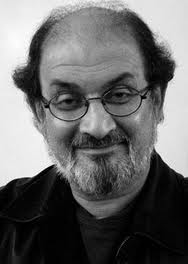
Looking back at the Salman Rushdie Affair
I have a new piece on Salman Rushdie in Current Intelligence, following up on my previous article, ‘Does Salman Rushdie Exist’, also republished on Politics in Inspires. In this new piece I discuss the “Rushdie Affair” more broadly. Below is a snippet of my longer article, the rest of which can be read over on Current Intelligence’s website. Rushdie Redux As a symbol of free expression under threat, Salman Rushdie has become a fetish for liberals, who not only consider it blasphemy to criticize this wealthy and influential author, but also require a ritual condemnation of the “fanaticism” that once put his life at risk. This despite the fact that the threat he faced lies more than twenty years …









